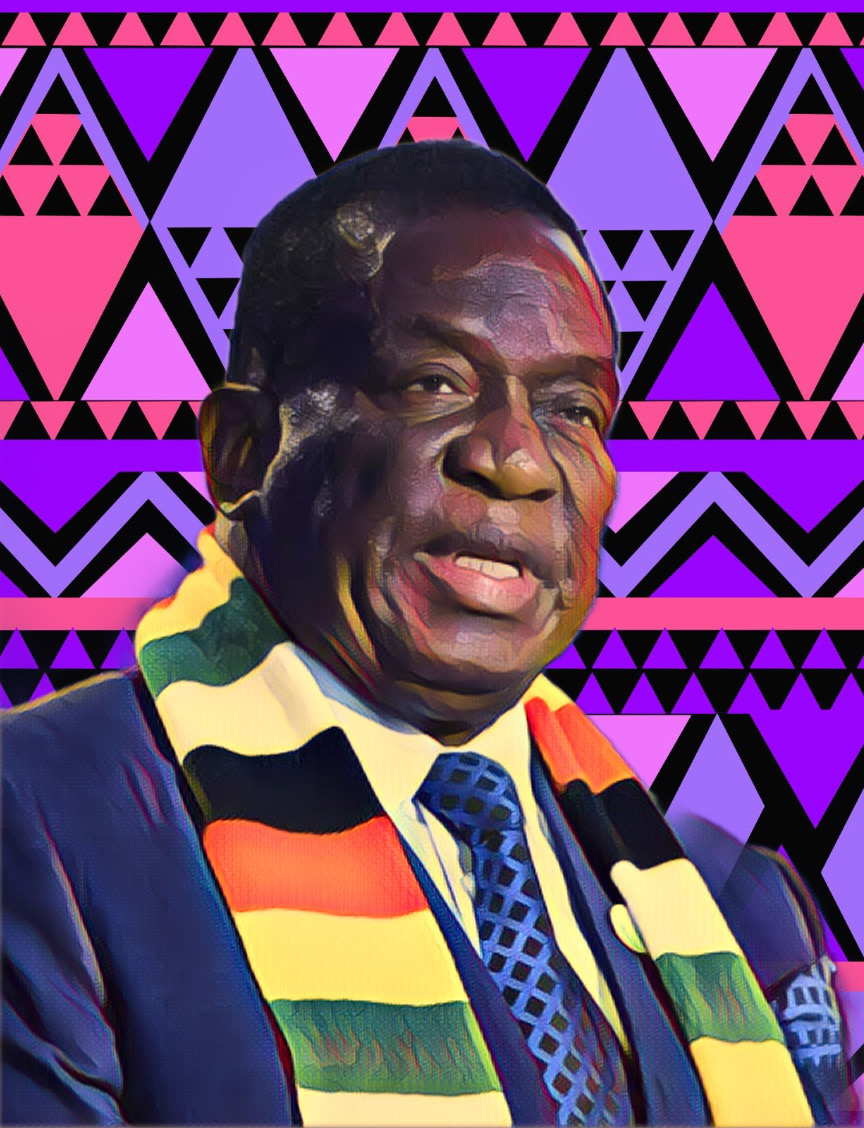In Zimbabwe, there are growing concerns about the possibility of President Emmerson Mnangagwa extending his term beyond its scheduled end in 2028. Despite the constitutional limits, recent comments made by the president at a religious event have fueled speculations about potential moves to amend the laws and allow him to remain in power.
During Archbishop Robert Ndlovu’s silver jubilee ordination anniversary, Mnangagwa stated that peace would enable him to “rule forever.” This declaration has raised fears of constitutional changes and sparked widespread speculation about Zanu PF’s intentions, despite the president’s previous denials of seeking an extension beyond the two-term limit set by the constitution.
The constitution currently restricts the president to two terms, making any attempt at a third term without substantial legal revisions highly unlikely. This process would require overcoming several significant obstacles, including internal opposition within Zanu PF, constitutional barriers against term extensions benefiting current incumbents, and the necessity of a public referendum to alter term limits.
Experts and political analysts are skeptical about the feasibility of such changes. Rejoice Ngwenya, a political analyst, emphasized the constitutional challenges of extending Mnangagwa’s term, dismissing the recent discussions as mere propaganda. Ngwenya argues that while the president may seek to foster enthusiasm about his leadership, the constitutional barriers present substantial obstacles.
On the other hand, Methuseli Moyo, another analyst, suggests that Mnangagwa’s comments could be interpreted as a general call for spiritual support to maintain peace during his term, rather than a direct plea for extended rule. This perspective highlights the nuanced ways in which political statements can be interpreted and the delicate balance Mnangagwa must maintain between asserting his desire for continued leadership and adhering to constitutional mandates.
The backdrop to these discussions is the complex political landscape of Zimbabwe, marked by past actions such as the military takeover that brought Mnangagwa to power. This history raises concerns about the commitment to constitutionalism and democratic processes within the current government. Critics like former National Patriotic Front spokesperson Jealousy Mawarire caution that the government’s past actions, coupled with control over the judiciary and media, could pave the way for constitutional violations.
Amid these debates, Mnangagwa has actively sought the support of various religious communities, including prominent churches and indigenous apostolic sects. This strategy aims to bolster his political legitimacy and support base as he navigates the challenges of his final term.
Moreover, the political discourse is further complicated by actions from Mnangagwa’s allies, such as Midlands Provincial Affairs Minister Owen Ncube, who have vocally supported the idea of extending the president’s term limit. These developments occur alongside broader political maneuvers, such as discussions about a potential government of national unity, hinting at a turbulent political environment leading up to the 2028 elections.
As Zimbabwe approaches this critical juncture, the debate over Mnangagwa’s tenure encapsulates broader issues of governance, constitutionalism, and the role of political leadership in ensuring stability and progress. The coming years will likely see intensified discussions and actions that will shape not only the presidency but the future trajectory of the nation.
Source: Newsday


